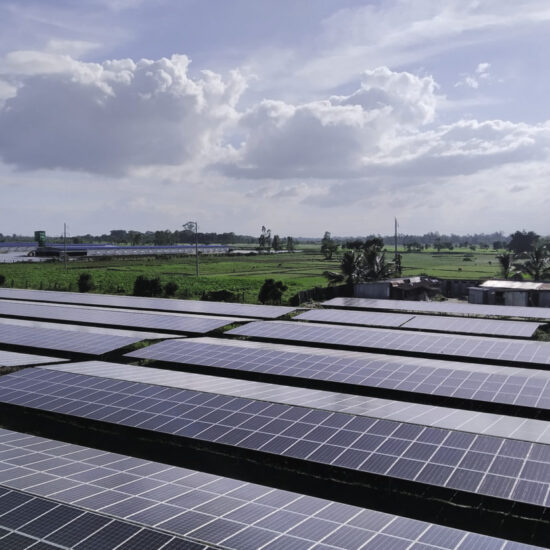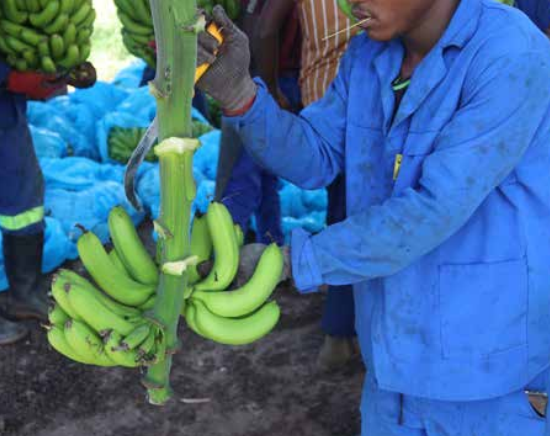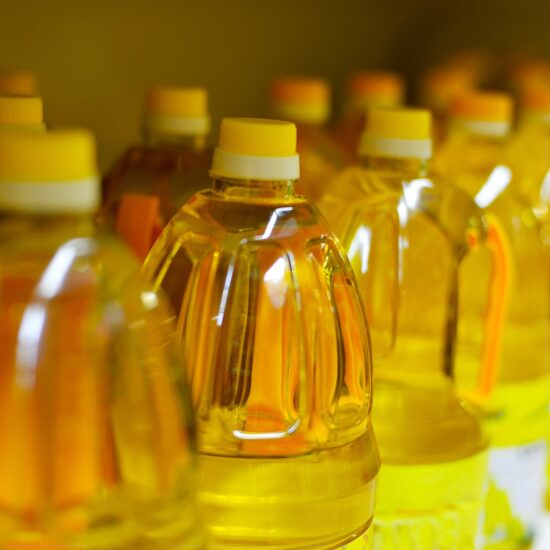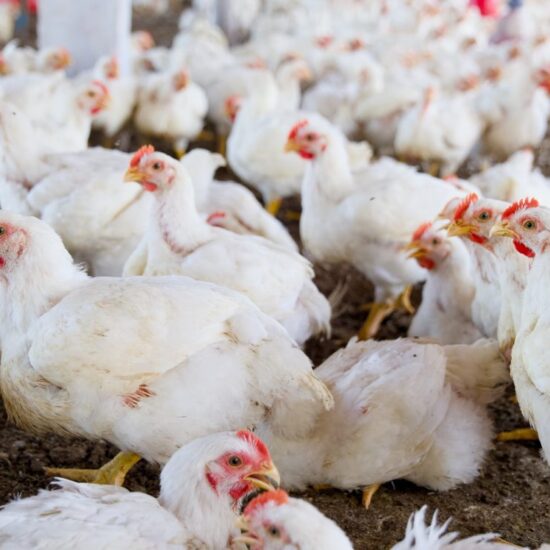
The Diary Association of Zambia – DAZ expectation of the 20121 national budget is that the electricity tariffs of dairy farmers will be lowered to enable growth and sustainability of intensive diary farming.
DAZ says that most of the the farmers are using generators as a result of load shedding in milk production which has resulted in a further increase in the cost of production. If the tariffs can be reduced, as power supply is expected to stabilize, it will be an advantage to the farmers and the Zambia consumers as the cost of production will be reduced.
Speaking to the Zambian Business Times-ZBT in an exclusive interview, DAZ Policy monitoring and evaluation Officer Enock Zulu stated that Association also want to see a reduction in the cost of production for the farmers, one of the things that has led to a high cost of production is the cost feed.
However, feed for dairy animals comprises of supplements and additives, most of which are imported. With the depreciation of Kwacha, the cost of imported products are higher because the dairy sector depend on the imported ingredient. For optimal production, quality of breeds and feed are key. If the cost of feed is high, most of the farmers will be unable to produce the required production rate
The dairy industry is in a growth stage, which should not be subjected to competition with outside mature industries. So there is a lot of importations of long-life milk from other countries that has led the local industry to register limited growth . DAZ anticipate that government should impose higher import taxes on the importation of long-life milk and yogurt to support its local production.
Both milk and yogurt are actually produced in Zambia. When these products are imported, they are sold at a cheaper price. Of which the local market for milk and yogurt are been suffocated. If the right levels of taxes are imposed on imported diary products, the local industry will take up the space and this will result into high productivity among locally based farmers.
There is also challenge in the milk industry of high tech equipment such as testing kits to enable local farmers to grade their milk. The 2021 budget should zero rate importation of these types of equipment. The grading is mostly depended on the processors, but we want to see a situation where the milk collection centers can afford to buy testing kits and are able to grade the milk on their own to help them get better prices. This will help allay any mistrust between processors and the producers.
In the livestock sector in general, the challenge that has hindered growth of the industry has been access to better breeds of animals. Most animals produced in Zambia are cross breeds. DAZ is expecting that government will still maintain the zero rating on the inputs from other countries used in the Livestock sector.
Milk production which has a deficit will surely be overturned and see the country start to export when Diary breeds are improved upon. As a country, we do not have enough pure diary breeds that can be used or crossed to ensure optimal production of fresh milk.







